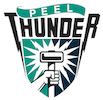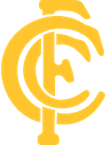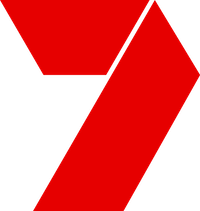Select grade below
- Round 2Sat, 12 Apr 20252:30 PM
 VS
VS Revo Fitness Stadium
Revo Fitness Stadium - Round 3Fri, 18 Apr 20257:10 PM
 VS
VS Sullivan Logistics Stadium
Sullivan Logistics Stadium - Round 4Fri, 25 Apr 20251:40 PM
 VS
VS Revo Fitness Stadium
Revo Fitness Stadium - Round 5Fri, 2 May 20257:10 PM
 VS
VS Joondalup Arena
Joondalup Arena - Round 6Sat, 10 May 20252:30 PM
 VS
VS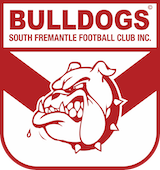 Revo Fitness Stadium
Revo Fitness Stadium - Round 7Sat, 24 May 20252:30 PM
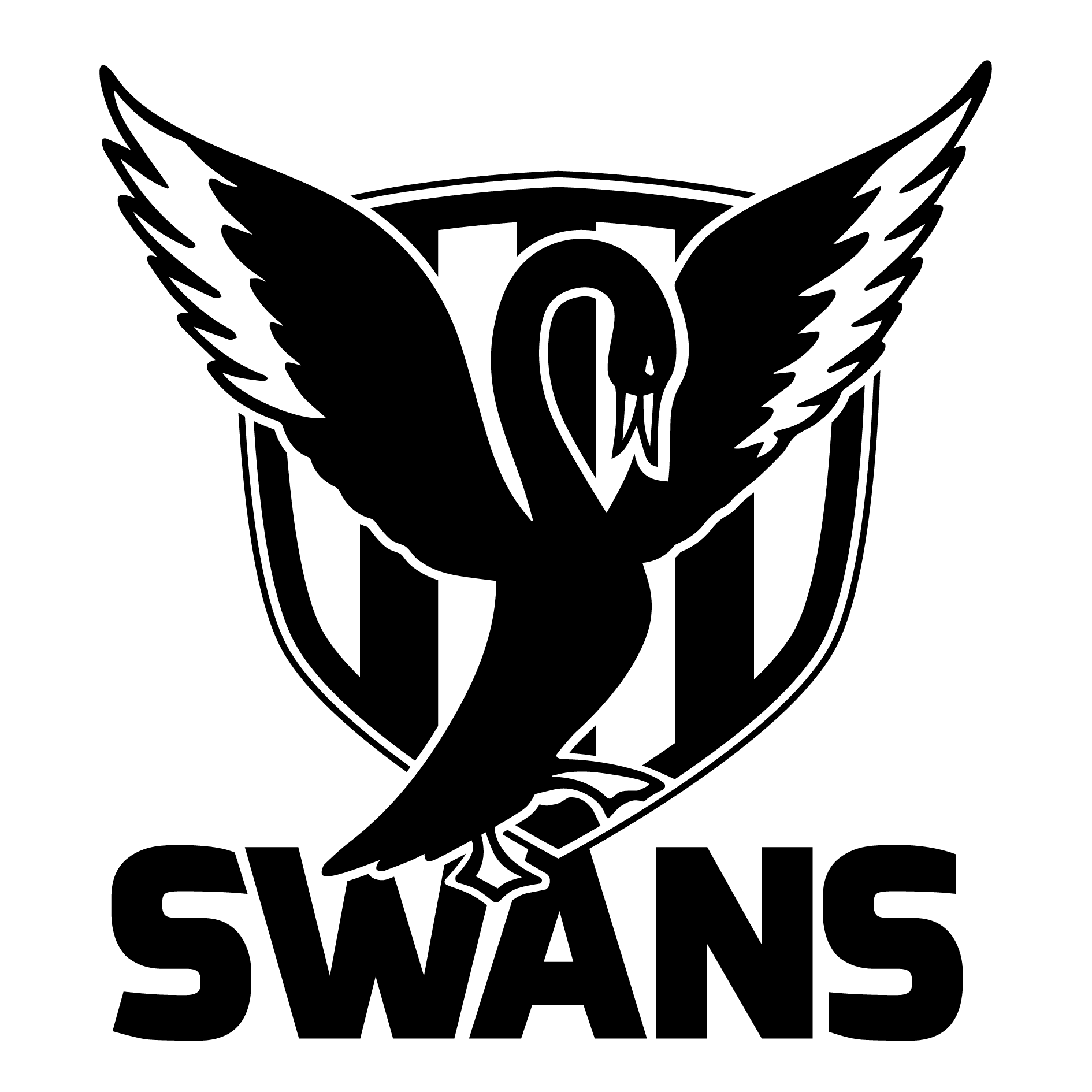 VS
VS Steel Blue Oval
Steel Blue Oval - Round 8Sat, 31 May 20252:30 PM
 VS
VS Revo Fitness Stadium
Revo Fitness Stadium - Round 9Sat, 7 Jun 20254:10 PM
 VS
VS Sullivan Logistics Stadium
Sullivan Logistics Stadium - Round 11Sat, 21 Jun 20252:30 PM
 VS
VS Revo Fitness Stadium
Revo Fitness Stadium - Round 12Sat, 28 Jun 202511:10 AM
 VS
VS Mineral Resources Park
Mineral Resources Park - Round 13Sat, 5 Jul 20251:45 PM
 VS
VS Fremantle Community Bank Oval
Fremantle Community Bank Oval - Round 15Sat, 19 Jul 20252:30 PM
 VS
VS Revo Fitness Stadium
Revo Fitness Stadium - Round 16Sat, 26 Jul 20252:30 PM
 VS
VS East Fremantle Oval
East Fremantle Oval - Round 17Sat, 2 Aug 20252:30 PM
 VS
VS Revo Fitness Stadium
Revo Fitness Stadium - Round 18Sat, 9 Aug 20252:30 PM
 VS
VS Revo Fitness Stadium
Revo Fitness Stadium - Round 19Sat, 16 Aug 20252:30 PM
 VS
VS Mineral Resources Park
Mineral Resources Park - Round 20Sat, 23 Aug 20252:30 PM
 VS
VS Revo Fitness Stadium
Revo Fitness Stadium
Moloney, Captain Of The Club's Greatest Team
Four Sandover medallists, one Brownlow medallist, one Tassie medallist and seven Simpson medallists have been chosen in the Claremont Football Club’s Greatest Ever Team announced at the Last Drinks Function at Claremont Oval.
All 22 footballers chosen in the star-studded line-up represented Western Australia with distinction and between them these players have won the club’s fairest-and-best award 36 times. They also won a further 13 fairest-and-best awards with other clubs.
The late George Moloney, winner of the 1936 Sandover Medal, runner-up in the 1932 Brownlow Medal and leader of Claremont’s first three WAFL premiership sides in 1938, 1939 and 1940, was named captain of the side. Gerard Neesham, who guided the Tigers to premierships in 1987, 1989, 1991 and 1993, was chosen as coach.
Moloney was named in the centre in the Greatest Ever Team after the selection panel of Ken Casellas, John O’Connell, Todd Shimmon and Ken Venables deliberated long and hard to first pick a squad of 50 before choosing the final side. Moloney was a brilliant centreman who also shone at full-forward and ended his 190-game career with the Tigers with a remarkable tally of 555 goals.
The criteria for selection stated that players had to be chosen in normal positions. Included in the criteria was that to be eligible for consideration a player must have represented Claremont in a minimum of 50 league matches, not including pre-season, mid-season or post-season competitions.
It was virtually Mission Impossible to pick the side, in which the panel had to assess the merits of all players from different eras in the club’s 88-year history. Among a host of players worthy of selection who failed to make the side were Sandover medallists Keith Hough, Sonny Maffina, John Parkinson, Michael Mitchell, Jaxon Crabb, Anthony Jones and Kane Mitchell.
Sandover medallists in the side are Sammy Clarke, Moloney, Steve Malaxos and Luke Blackwell. Champion ruckman Graham Moss won the 1976 Brownlow Medal, as a member of the Essendon side. He also won the 1977 Simpson Medal as WA’s best player against South Australia and he won the Claremont fairest-and-best award four times.
Denis Marshall, runner-up in the 1962 Sandover Medal and runner-up in the 1968 Brownlow Medal, is the only other man to have won Claremont’s fairest-and-best award four times. A superb player, who excelled both in the centre and at half-back, was chosen on a half-back flank alongside centre-half-back Sammy Clarke, winner of the Sandover Medal in 1933 and 1934. The mercurial Ken Hunter was named on the other flank.
The powerful Ken Caporn, who retired in 1958 as the club’s games record holder with 273 league appearances, was picked at full-back, with Guy McKenna and Dale Kickett in the pockets.
Darrell Panizza went on to break Caporn’s record before retiring with 274 matches to his credit. He was a speedy wingman who developed into a wonderful centre-half-back. He was named on a wing in the Greatest Ever Team, with Ben Allan, a triple Simpson medallist and a Hawthorn premiership player and fairest-and-best winner in 1991, on the other wing.
Wayne Harvey, who booted five goals in Claremont’s magnificent 1964 grand final victory over East Fremantle and ended his 217-match career with 389 goals, was picked at centre-half-forward, with left-footer Lorne Cook on one flank and the dynamic Chris Lewis on the other.
The fast-leading, high-marking Warren Ralph, a triple premiership player who booted 564 goals in his 123 matches with the Tigers, is at full-forward, with the magnificent Les McClements in one pocket and sharpshooter Steve Malaxos in the other.
McClements, a superb ruckman and twice second in the Sandover Medal, won the Tassie Medal as the best player in the 1947 national carnival in Hobart. He won Claremont’s fairest-and-best award three times. Malaxos was a dual Claremont fairest-and-best winner who tied for the 1984 Sandover Medal with Michael Mitchell and Peter Spencer before playing for Hawthorn, West Coast Eagles and East Fremantle. He kicked 308 goals for the Tigers and was West Coast’s fairest-and-best player in 1987 before winning the award three times with the Sharks.
Moss was the automatic selection to lead the ruck in the Greatest Ever Team. The ruck-rover is the tall, athletic John McIntosh, who also was an outstanding centre-half-forward. McIntosh, a dual Claremont fairest-and-best winner, finished third in the 1965 Sandover Medal and was runner-up in the 1971 Brownlow Medal when playing for St Kilda.
Jim Krakouer, blessed with dazzling speed and amazing skill, was picked as No. 1 rover. He was the club’s fairest-and-best winner and a premiership player in 1981 before starring in a 134-game career with North Melbourne.
Versatile players Les Mumme, Kevin Clune, Peter Thorne and Luke Blackwell were chosen on the interchange bench. All are multiple Claremont fairest-and-best winners and premiership players.
Mumme, a powerful rover, was captain of the drought-breaking 1964 premiership side which also included centreliner Clune, who delighted Tigers fans with his great tenacity and herculean efforts. Thorne was a highly-skilled midfielder who won two club fairest-and-best awards and two Simpson medals as well as being a premiership player in 1987 and 1989. Blackwell, a centreman and on-baller, finished third and then second before winning the Sandover Medal in 2011. He was awarded the Simpson Medal for his fine performance for WA against Victoria in 2010 and he has won the club’s fairest-and-best award three times.


